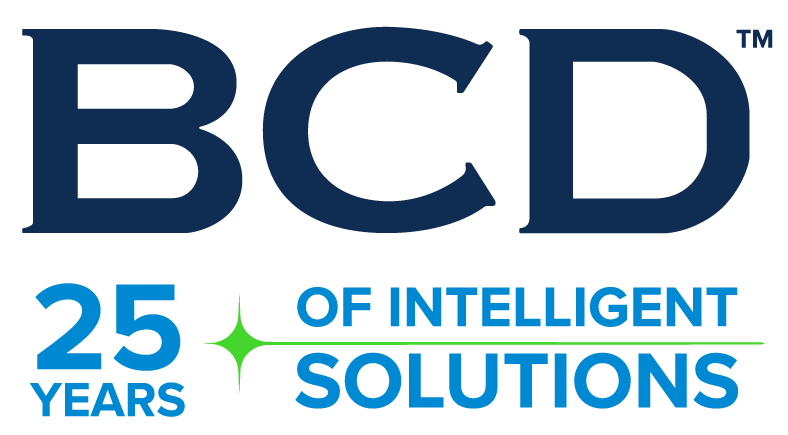As with running any business, the cost to run a security company can be expensive. Payroll, fleet costs, tools, and equipment, along with rent and business technology, quickly add up and if not budgeted and monitored properly can affect the bottom line.
Integrators also have to keep close tabs on the overall costs associated with the types of security systems they install. This can also impact the profitability of a company, especially if a system does not work as promised. It then becomes the problem for the security integrator to resolve.
Truck Rolls
Sending a truck to a customer site is costly. The average visit to a customer to fix or replace a faulty system can take up to four hours and cost nearly $1,000. This is generally non-billable time, as it is covered under the original contract. When you calculate the average lifespan of the project support – five years – that adds up.
Going with a cheaper server – such as one directly bought online or if it’s custom built in-house – is rarely the best option. What happens if the system breaks down multiple times in a few short years? The customer will still expect the integrator to service the product and fix the problem whether the system is six months, one or three years old. Any perceived front-end savings on cost are quickly evaporated, along with the integrator’s reputation.
Having a system that runs reliably is critical. In addition, it is also vital that the system has built-in remote management capabilities so that in the event there is a problem with the system, the integrator can remotely diagnose the issue. Remote diagnostic can quickly identify a problem and enable a security integrator to arrive on-site with the correct replacement parts or a replacement system. In addition, this is done without having to roll that truck to get to the site and determine the problem, saving that additional profit loss.
Data Integrity
Now more than ever, protecting the customer’s information has become a growing top priority, thanks in part to the introduction of GDPR and other regulations that protect data and consumer information. Security integrators need to remember that they are liable for this data, especially if they remove a system from the customer site to service it.
What happens if that data becomes compromised, such as the device is lost or stolen? When selecting a system, it’s important to understand the full scope of the warranty package. Does the warranty package allow a technician to swap a hard drive without taking the original drive? Leaving the defective drive on-site eliminates the integrator’s liability.
Costly Build-Outs
It is tempting to build-out a server yourself, but a security integrator can quickly lose money by handling the build-out process internally. The time it takes to procure product, ensure it works, and pre-load the server with the correct software, it can easily take several hours to complete.
Time is money and instead of spending that time to build the system, a purpose-built system constructed by a certified technician from BCDVideo enables security integrators to focus on revenue-generating activities, such as actively installing systems for new and current customers.
In addition, during this process miscalculating the amount of bandwidth and storage needed can also prove costly. Customers expect their systems will operate as promised and if there is an error in the bandwidth and storage calculation on a system built by the systems integrator it then becomes the security integrators problem to fix.
When it comes to selecting which systems to install, it’s essential to do your due diligence. Look for systems that are purpose-built for that project, with guaranteed calculations, and designed for maximum uptime, along with multi-year, end to end warranty that also protects your company on hard drive replacements. The profitability of your business depends upon it.

